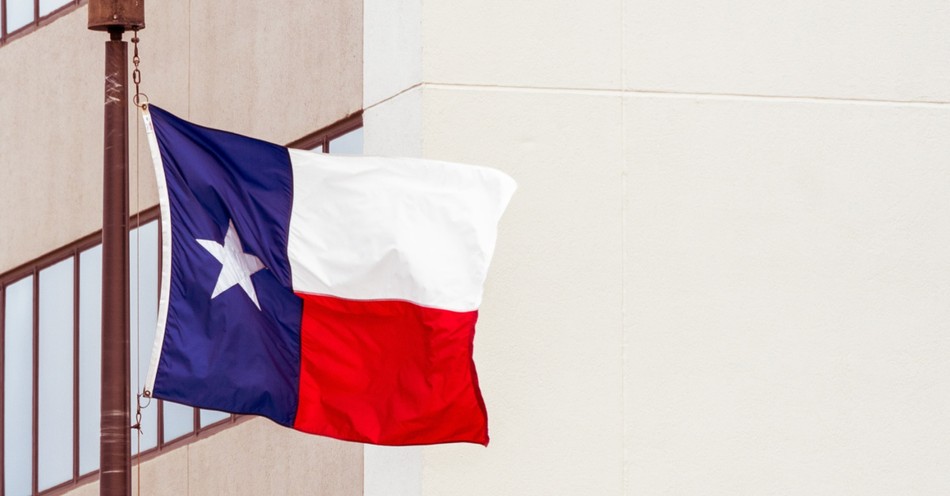The common defense of internet pornography, that it’s consensual and hurts no one, is a version of the same fiction used to defend the sexual revolution: that what consenting adults do in the privacy of their homes is no one’s business, and the kids will be fine. This “reasoning” is rightly called fiction because, no matter what makers and consumers of pornography tell themselves, such material does harm people, especially those who cannot legally consent yet still find themselves caught in its web.
The most obvious harm happens when children stumble across pornographic material on their always-available devices. Whereas once this stuff was hidden behind counters on adult magazine racks, we are decades into the social experiment of explicit material being instantly and constantly via touch screen. For children with access to smartphones and tablets, it’s not a matter of if they’ll find pornography, but when. Even if they are not looking for it, it is looking for them.
In an attempt to finally take stock of this problem, eight states have passed laws requiring age verification on so-called “adult” websites. One of those is Texas, which last summer passed a bipartisan bill requiring websites that feature “sexual material harmful to minors” to verify that users are over 18.
An industry that describes itself as for “adults” and justifies its existence on the grounds that no one gets hurt should be fine with laws excluding minors, but they aren’t. As soon as Texas passed its new law, a group of pornography distributors—including owners of some of the most-trafficked websites in the world—sued the state, claiming that the law violated free speech.
In March, the 5th Circuit Court upheld Texas’ age verification requirement. In response, one of the world’s largest pornography sites blocked all Texas users, displaying a message that claimed the age requirement “impinge[s] on the rights of adults to access protected speech” and is ineffective at protecting minors.
Other states are now following Texas’ lead. Florida, for example, passed a similar law. The purveyors of so-called “adult” content will likely continue their strategy of suing and blocking regions. To which we can all say, block away. You’re doing our job for us.
Still, what’s both sickening and revealing is how cavalier so many are about kids having access to and even being preyed upon by these websites. The Washington Post quoted the “vice president of brand and community” at one company, who insisted:
Not only will [age verification] not actually protect children, it will inevitably reduce content creators’ ability to post and distribute legal adult content and directly impact their ability to share the artistic messages they want to convey.
It’s bad enough for these companies to refuse to take any action to prevent minors from seeing sexually explicit material, as if they intend to hook their “customers” early. The fact is that young people looking at the screens are only one group of minors that are being victimized by pornography. Another group is the kids on the screens.
Anti-pornography author Laila Mickelwait recently shared an update of a horrifying story about a then 16-year-old girl who claims to have been drugged, sexually abused, and filmed. Her attacker uploaded the video to a major site—the same site that sued Texas and whose material was described as “artistic messages” and “free speech” by a spokesman.
This story should shock, but not surprise. Back in 2020, New York Times columnist Nicholas Kristof lifted the lid on the connection between internet pornography and child abuse. In a haunting exposé, Kristof described how that very same site is “infested with” videos of abuse and violence, which it shamelessly “monetizes.” Searches on the site for explicitly illegal content returned tens of thousands of hits and involved kids as young as 14. Arrests of those who film and post such content have often been made, but so far, the actual distributor has escaped consequences.
Texas, Florida, Utah, and other states are taking good steps but, as should be abundantly clear by now, there’s a more fundamental problem. Pornography is, by its very nature, tied to child abuse. There is no sanitizing or domesticating it, and not just because age verification is unreliable. The very form and character of this so-called “content” demands that taboos be pushed and teaches users to dehumanize others. It portrays the purpose of sex as solitary gratification, and the purpose of other people is to be consumed to satisfy one’s desires, and afterward discarded.
Taking measures to cut off the supply to minors is a good and necessary step. But as a society, we will eventually be forced to acknowledge what is behind all the demand. For more resources to help those struggling with porn or to help a parent prepare their child for its dangers, visit identityproject.tv.
This Breakpoint was co-authored by Shane Morris. If you’re a fan of Breakpoint, leave a review on your favorite podcast app. For more resources to live like a Christian in this cultural moment, go to breakpoint.org.
Image credit: ©Avi Werde/Unsplash
John Stonestreet is President of the Colson Center for Christian Worldview, and radio host of BreakPoint, a daily national radio program providing thought-provoking commentaries on current events and life issues from a biblical worldview. John holds degrees from Trinity Evangelical Divinity School (IL) and Bryan College (TN), and is the co-author of Making Sense of Your World: A Biblical Worldview.
The views expressed in this commentary do not necessarily reflect those of CrosswalkHeadlines.
BreakPoint is a program of the Colson Center for Christian Worldview. BreakPoint commentaries offer incisive content people can't find anywhere else; content that cuts through the fog of relativism and the news cycle with truth and compassion. Founded by Chuck Colson (1931 – 2012) in 1991 as a daily radio broadcast, BreakPoint provides a Christian perspective on today's news and trends. Today, you can get it in written and a variety of audio formats: on the web, the radio, or your favorite podcast app on the go.





.jpg)